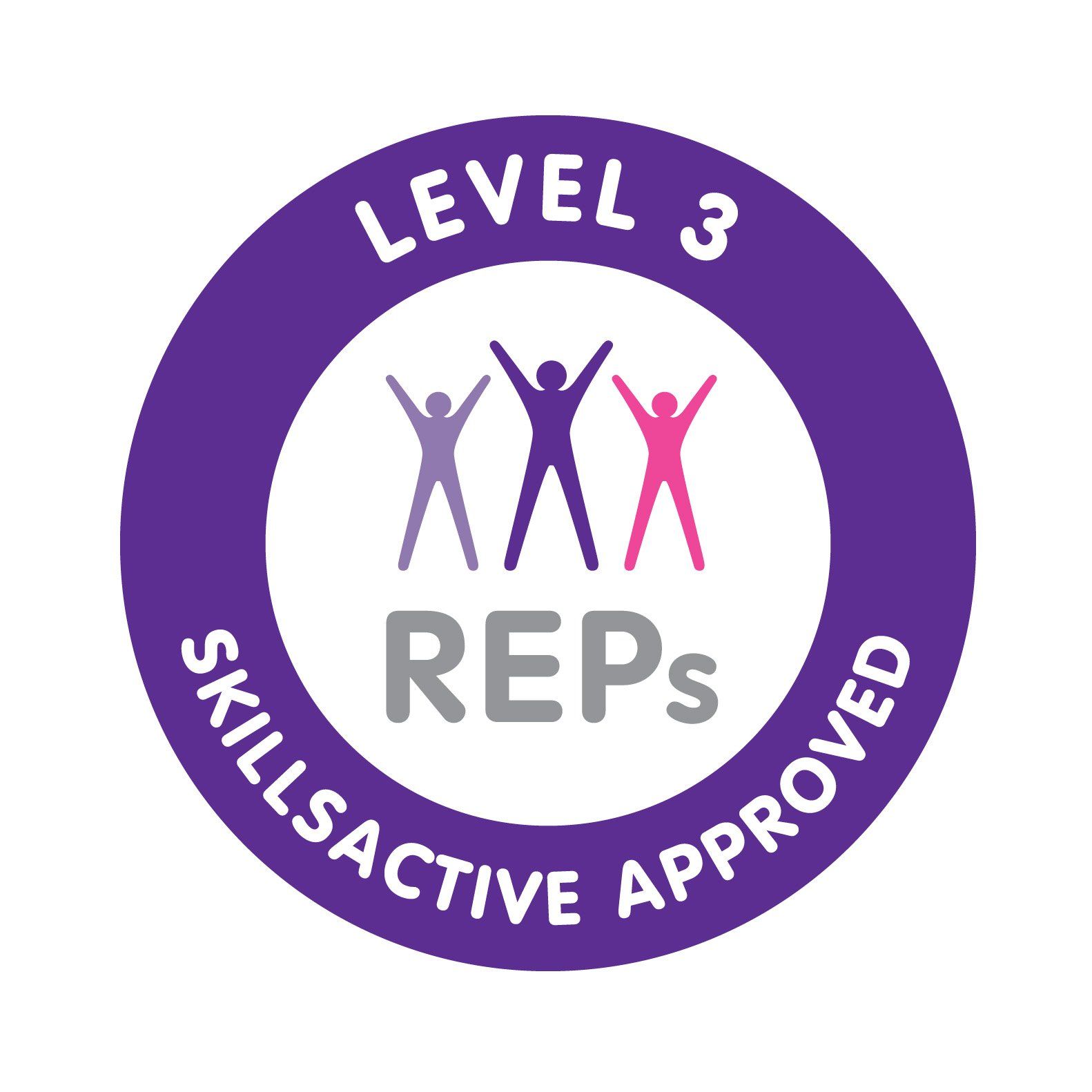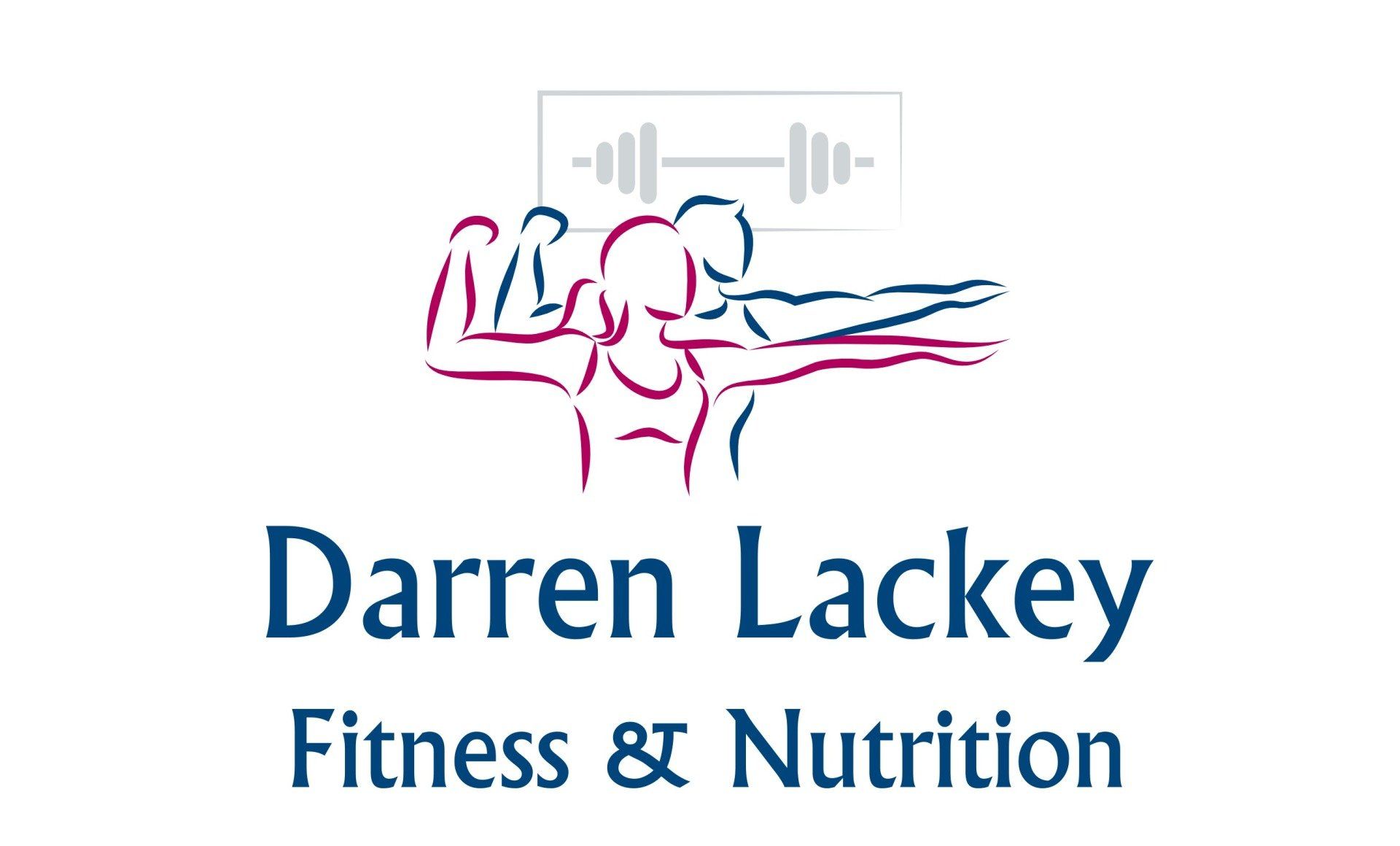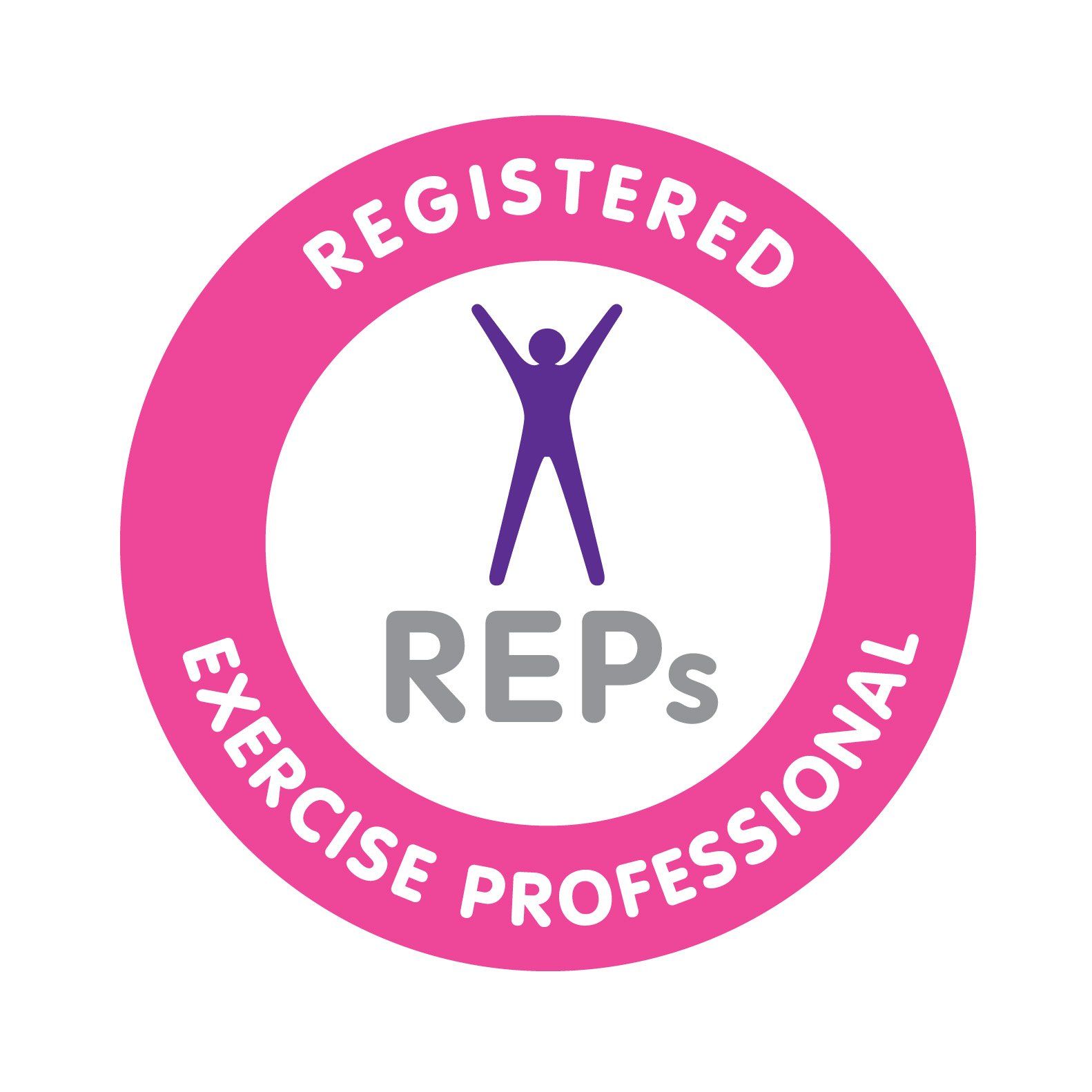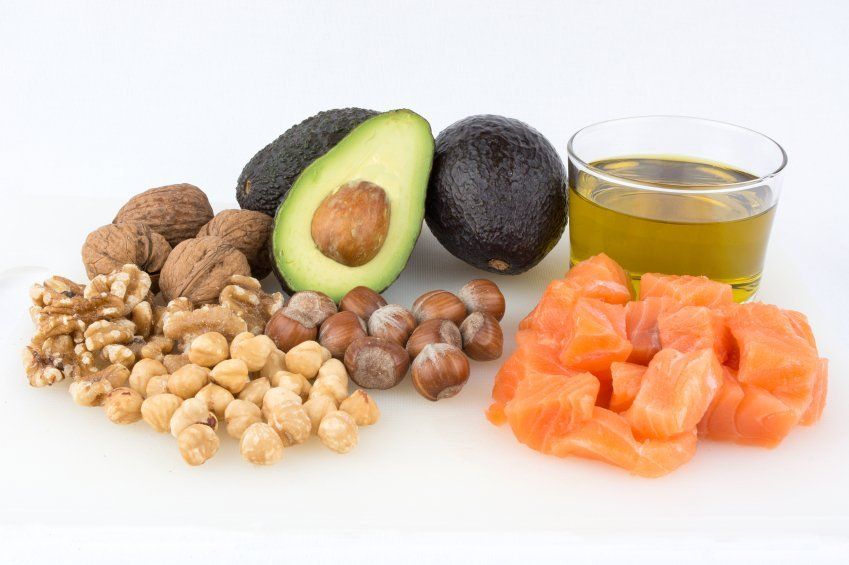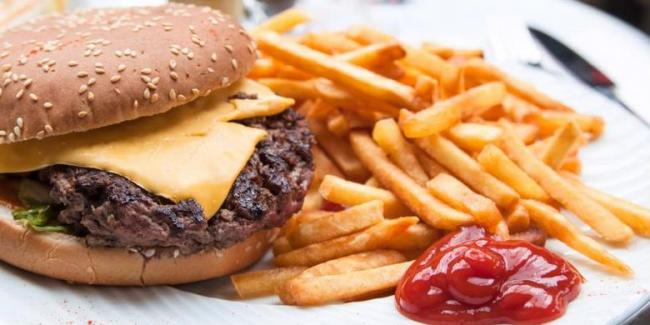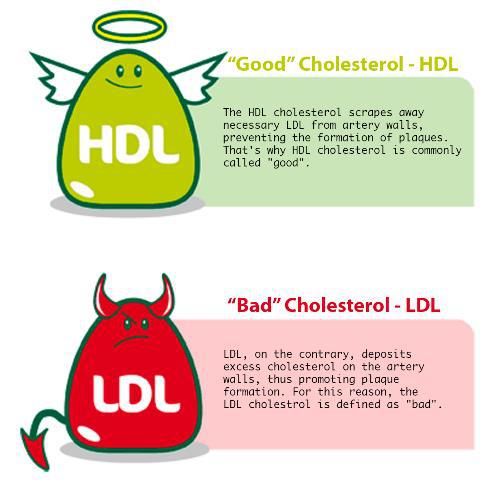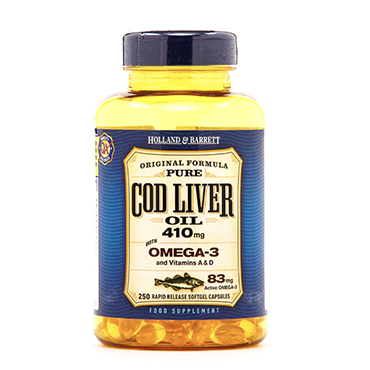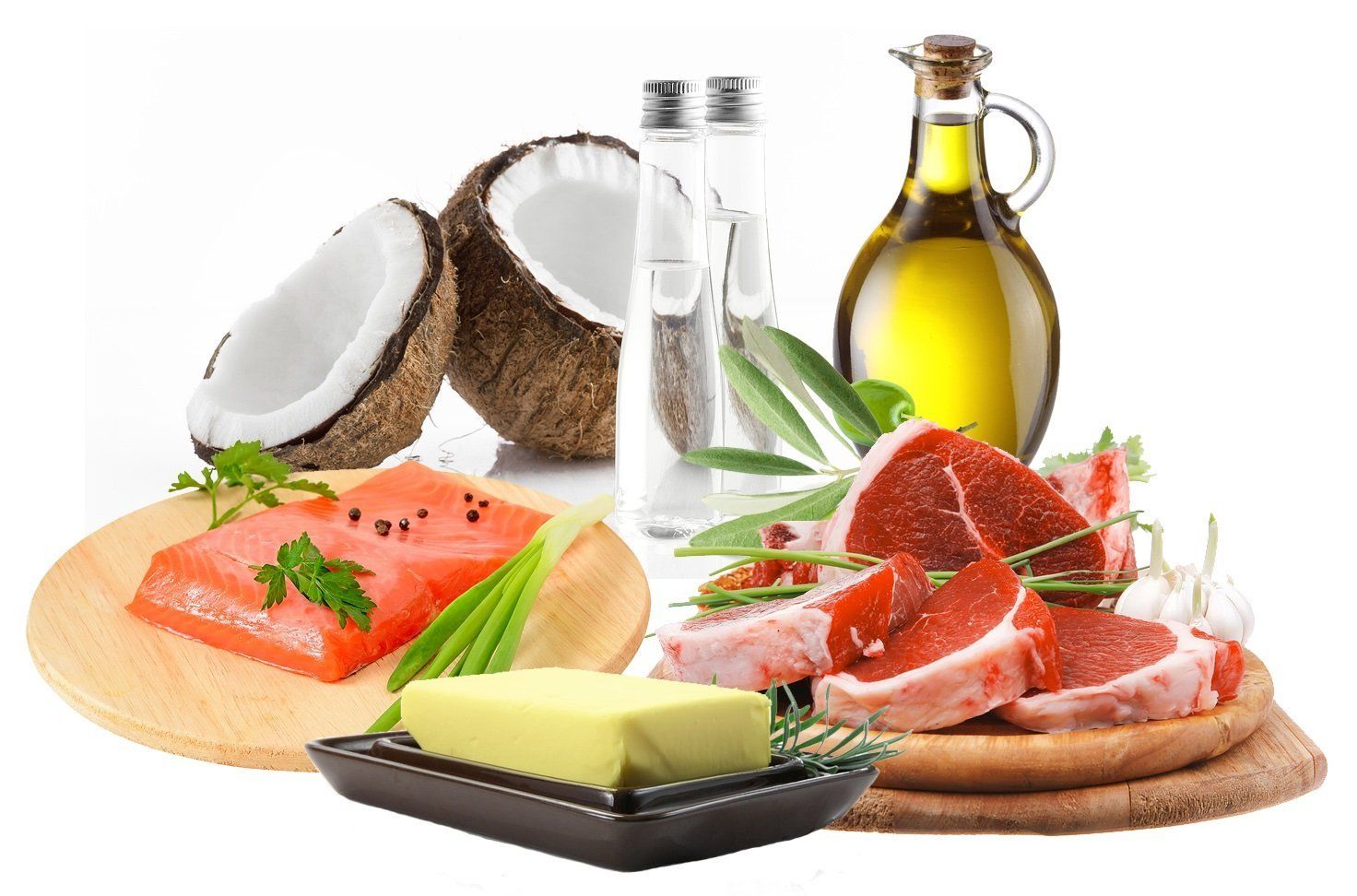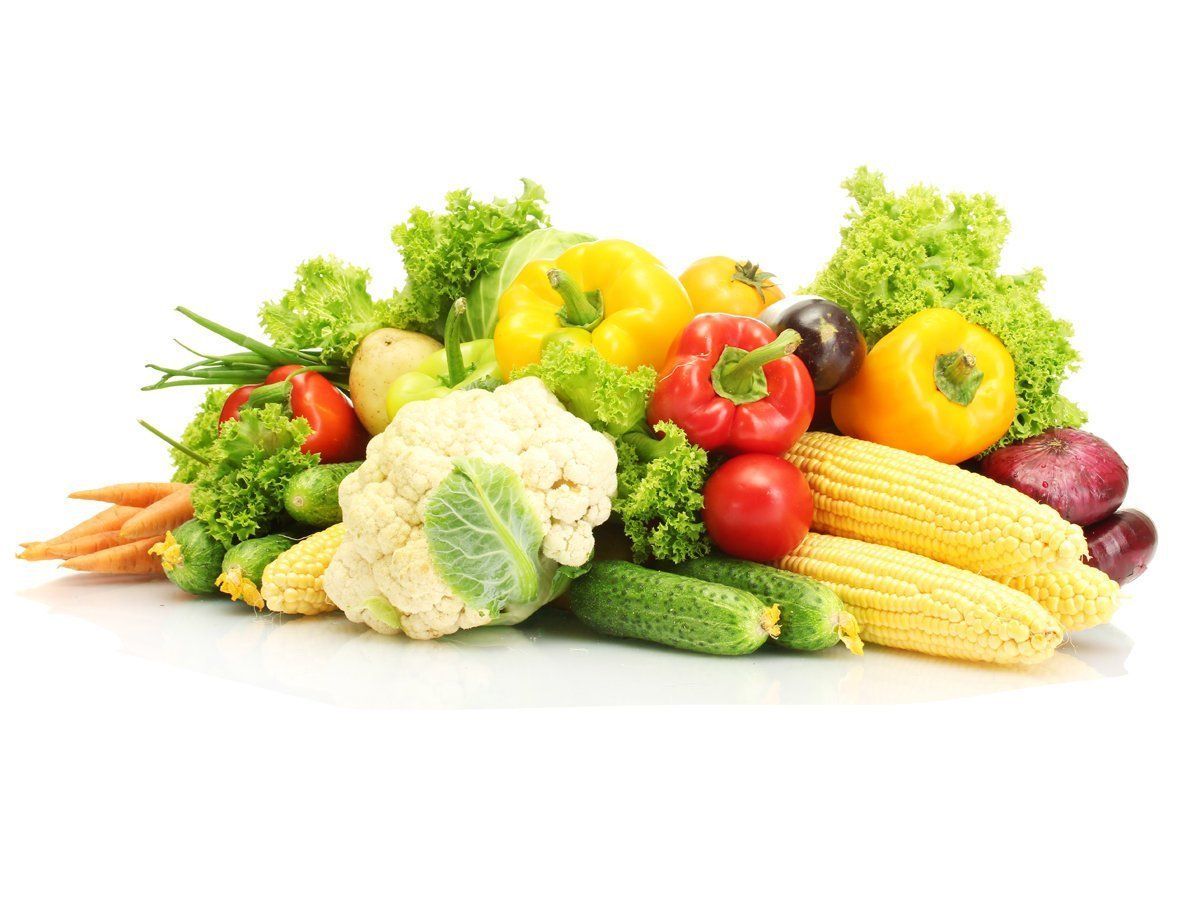And why you shouldn't fear them
Fats and cholesterol have had a bad reputation over the years and unjustifiably so. In this article, I'd like to try and redeem their reputation a little by telling you why they're important to our diet - why eating fats won't exactly be bad for your cholesterol levels and how eating these fats daily can help you with your fat loss goals.
What are "Healthy fats" and how many are there?
The three types of fat are; saturated fat, monounsaturated fat and polyunsaturated fat - we also have the omega fats which are monounsaturated fats.
They all have six major roles in our body
- They provide us with a source of energy (fat is the most energy dense macro-nutrient)
- They help manufacture our hormones
- They help form our cell membranes
- They form our brain and nervous system
- They help transfer fat soluble vitamins like A, D, E, and K; and
- As mentioned above, they provide us with the essential omega fats that our bodies cannot make - omega 3 and 6 (more on these soon)
Great! So I can eat all the fat that I want and not have to worry?
Well, no, not exactly - every food should be eaten in moderation and there is a villain in the fat community that you should only eat occasionally; these are trans fats.
Trans fats are man made and are contained within most fast food/processed and packaged foods. They are made to have a lasting shelf life to maximize profit - they're not exactly made with our health in mind. This type of manufactured fat is linked to Alzheimer's, cancer and heart disease.
Yea - not good.
Not to put you off your naughty foods that you like to eat occasionally, just be mindful of how much of this junk that you're consuming.
Got it. But won't eating healthy fats make me fat?
It's true that fat contains the most calories (9cal per gram) compared to that of protein (4cal per gram) and carbohydrates (4cal per gram) but no, its not necessarily true that fat will make you fat. You'll gain weight if you put your body into a calorie surplus and you can do that with any food type, not just fat.
In fact, I would say the vast majority of people needn't worry about the healthy fats they eat daily - most people probably aren't eating enough! In my humble opinion, most people go wrong on weekends, where they use the excuse of "having a good week" only to round off the weekend binge eating/drinking on empty calories.
Healthy fats can actually help you with fat loss by keeping you fuller for longer (therefore keeping your overall daily calorie intake down) while providing you with lots of energy! (recall that fat is the most energy dense macro nutrient)
So, what about Cholesterol? Is it good or bad for us?
Dietary cholesterol is good for us and an important component to our diets. It serves the following roles within our body
- It helps us with cell membrane function
- It helps us absorb dietary fat
- It helps us make new steroid hormones (such as vitamin D)
- It helps us make bile salts (made in the liver to break down foods)
Interestingly, our bodies are very clever machines when it comes to regulating overall cholesterol intake - it does so similarly to a thermostat regulating the temperature in our homes. If our home drops below a certain temperature, the thermostat kicks in and turns the heating on - the same can be said for our bodies monitoring cholesterol levels.
As dietary cholesterol increases, our bodies make less of it; and vice versa (as dietary cholesterol decreases, our bodies begin to make more. This means that blood cholesterol levels are genetically dictated and why some people naturally have high blood cholesterol.
Ah, so dietary cholesterol isn't as bad as everyone would have me believe?
No, its not. And to understand further why that's the case, lets look at the two protein types that carry cholesterol around the body.
- High Density Lipoprotein (HDL - known as the "good" cholesterol. Primarily responsible for carrying cholesterol from our cells to the liver for excretion)
- Low Density Lipoprotein (LDL - known as the "bad" cholesterol. Primarily responsible for carrying cholesterol from the liver to our cells)
As needed as LDLs are to transport cholesterol, they can drop or deposit the cholesterol they're carrying into our bloodstream, which is what contributes to having high LDL cholesterol and heart disease. However, there is a savior in all of this - enter HDLs.
HDLs role is cardio protective. HDLs come and scoop up the cholesterol that has been deposited in our bloodstream by LDLS. This is why higher levels of HDLs are encouraged in conjunction with lower amounts of LDL cholesterol.
This is why eating natural foods that are high in mono/polyunsaturated fats won't exactly raise your "bad" cholesterol levels.
And what foods do I need to eat in order to get this omega 3?
Omega 3 is contained within oily fish , eggs, hemp, chia and flaxseeds - but the most popular I believe is from a good fish oil supplement. The problem with trying to get efficient amounts of omega 3 by eating enough of the foods that contain it is the concentrations are often quite low.
For instance, if the salmon that you buy has been fed an unnatural diet before being sold, concentrations of omega 3 found in their meat will be low.
It's for this reason that recommend supplementing a good fish/algae oil into your diet.
So whats the bottom line then?
Avoid processed foods and you'll do well to stay away from unnecessary fat gain, empty calories and harmful fats.
Naturally occurring fats from whole foods should be enjoyed in moderation, they're good for you and much needed by the body - have no fear.
Good sources of fat include; lean meats, nuts and seeds, cooking oils such as olive and coconut, eggs and oily fish such as mackerel, sardines or salmon and avocados.
I hope this clears a few things up for you about fats.
Thanks for reading,
Coach Daz.
